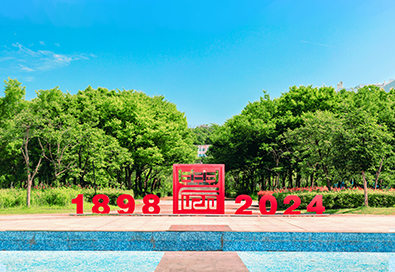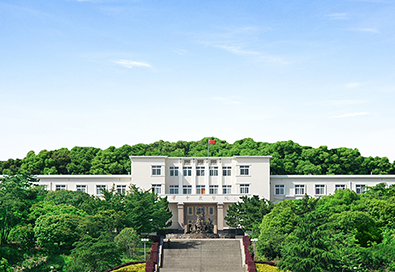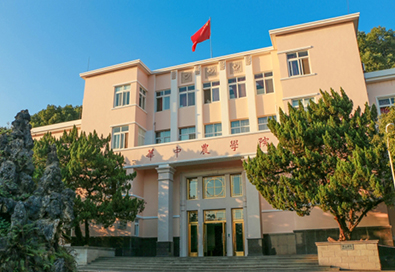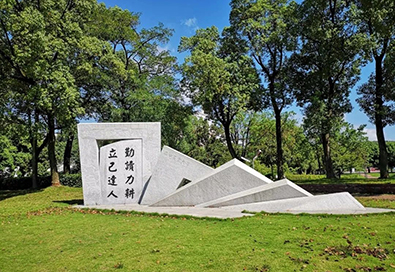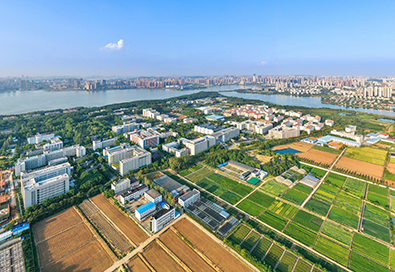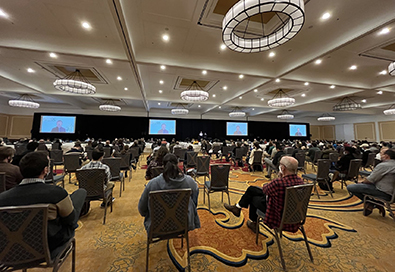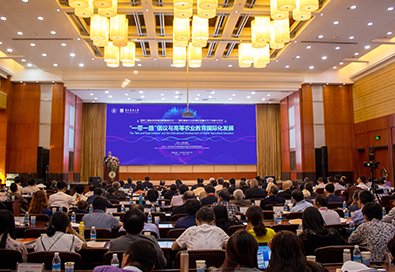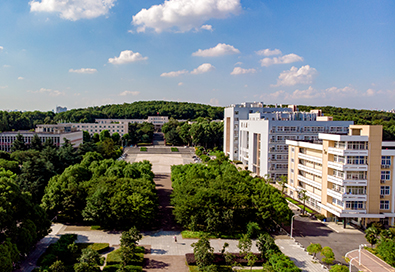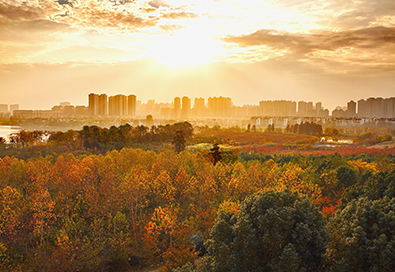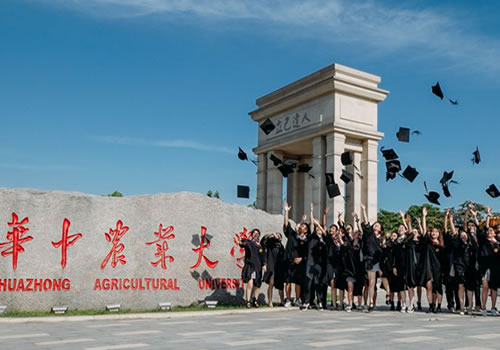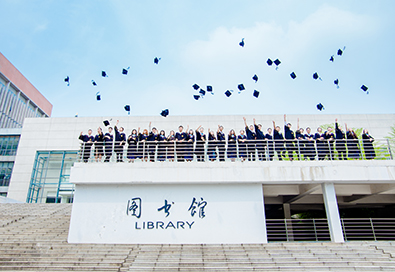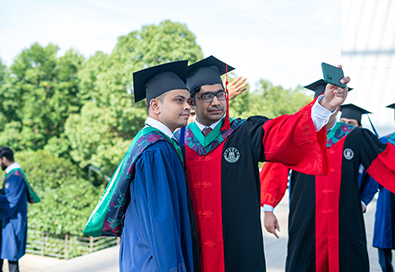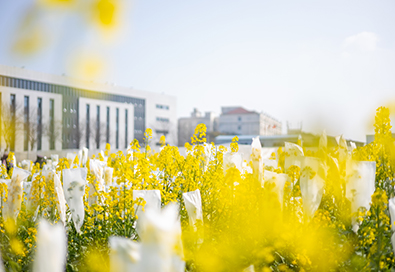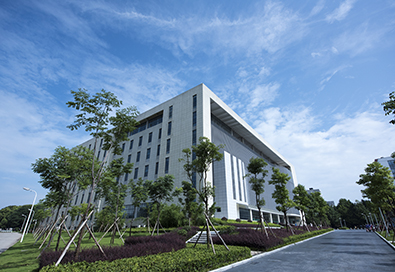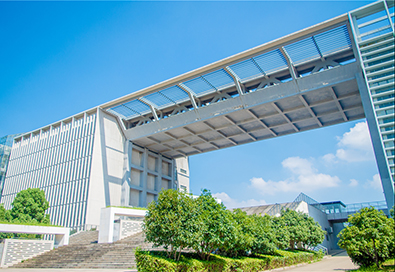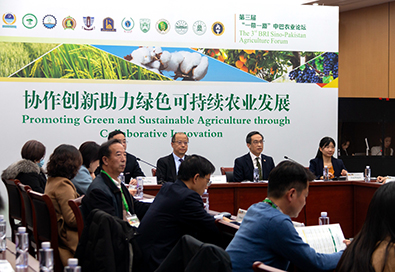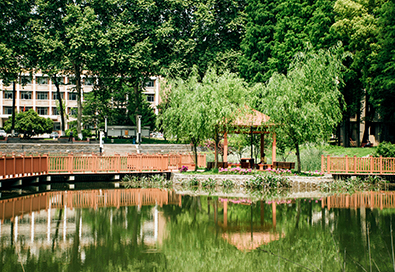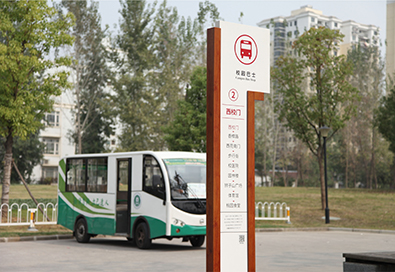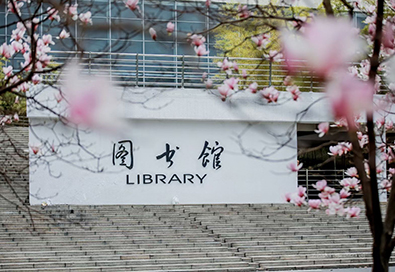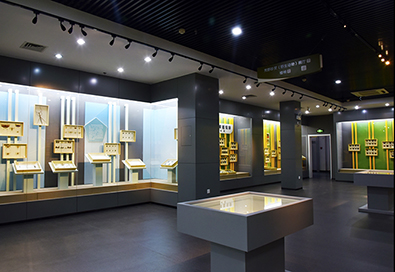A group of 20 faculty and students from the College of Economics & Management, Huazhong Agricultural University (HZAU) embarked on a week-long academic exchange at the University of Göttingen in Germany from Dec 8 to 14.
The focus of the visit was on "Sustainable Agricultural Development", aiming to broaden students' international perspectives and enhance their global competency.
Professor Yu Xiaohua from the University of Göttingen delivered a presentation titled "Agricultural Economics in University of Göttingen", providing a comprehensive overview of the university's illustrious history, current status and strong capabilities in agricultural economics and rural development.
Professor Zhang Lu from HZAU presented a report on "Chemical Fertilizer Application Improvements in China", analyzing in-depth the effectiveness and experiences of reducing chemical fertilizer usage in China, outlining key directions for further reduction.
Professor Fiankor Dela-Dem Doe and Doctor Dirk Augustin from the University of Göttingen discussed the impact of pesticide regulations on enterprise import decisions and the challenges and opportunities facing German agriculture.
During the session on doctoral dissertations and research findings, doctoral students Wan Haoran, Lisa Hoeschle, Cai Weiwei and Simon Meister elaborated on their research outcomes. Doctor Afaq Ali Muluk and Chinese student Wang Fei shared their experiences regarding studying in Germany and pursuing doctoral studies abroad.
Under the guidance of Professor Zhang Kai from the University of Göttingen, faculty and students visited the university's forestry laboratory to explore the latest advances and practical applications in modern forestry science. The laboratory is equipped with state-of-the-art instruments and employs innovative research methods, providing robust support for the exploration and practical application of forestry science.
The group also visited the University Farm Reinshoff and Reilihausen Farm for on-site learning. Farm managers showcased trout farming ponds, beef and dairy cattle breeding areas, mini pig breeding facilities and a biogas demonstration site, imparting knowledge on trout farming techniques, dairy cattle breeding expertise and valuable practices in agricultural machinery procurement and efficient applications.
They also shared Germany's advanced experiences in integrating planting and breeding industries, innovative feed production methods and unique insights into animal health management.
As well as academic pursuits, Yu led the delegation to explore the residence of founding hero Marshal Zhu De, delving into his revolutionary journey. They also visited the resting places of mathematical giants Carl Friedrich Gauss, Bernhard Riemann and physicist Max Planck, gaining a better understanding of the historical achievements of these scientists and the enduring brilliance of the scientific spirit that transcends time and space.
Along with Yu, the group toured Göttingen, immersing themselves in the city's culture, strolling through its landscapes and enjoying the scenic beauty of the city's forest trails.
They visited the renowned cities of Kassel and Frankfurt, exploring local historical sites and experiencing the diverse cultures and rich heritage of Germany.
Accounting graduate student Zhou Yichen said, "The exchange program at the University of Göttingen provided us with an academic platform to exchange knowledge, experiences and achievements with researchers and learners from diverse backgrounds."
Zhou added that, through this brief academic experience, she learned to approach challenges in research with a dialectical perspective.
This program, organized by the College of Economics & Management at HZAU, is a significant initiative to promote international cooperation and exchange, aimed at enhancing students' foundational knowledge in economics and management and broadening their international perspectives and deepening their understanding of sustainable agricultural development.
It has also strengthened the friendship between the two universities, laying a solid foundation for their future academic exchanges and collaborations.

